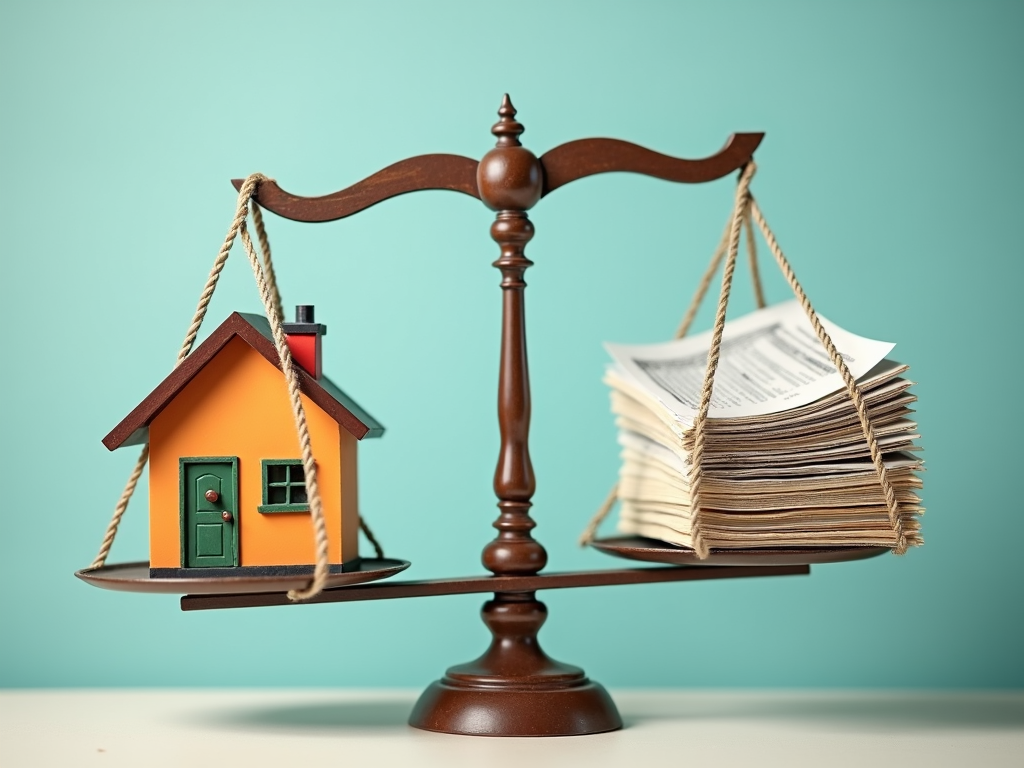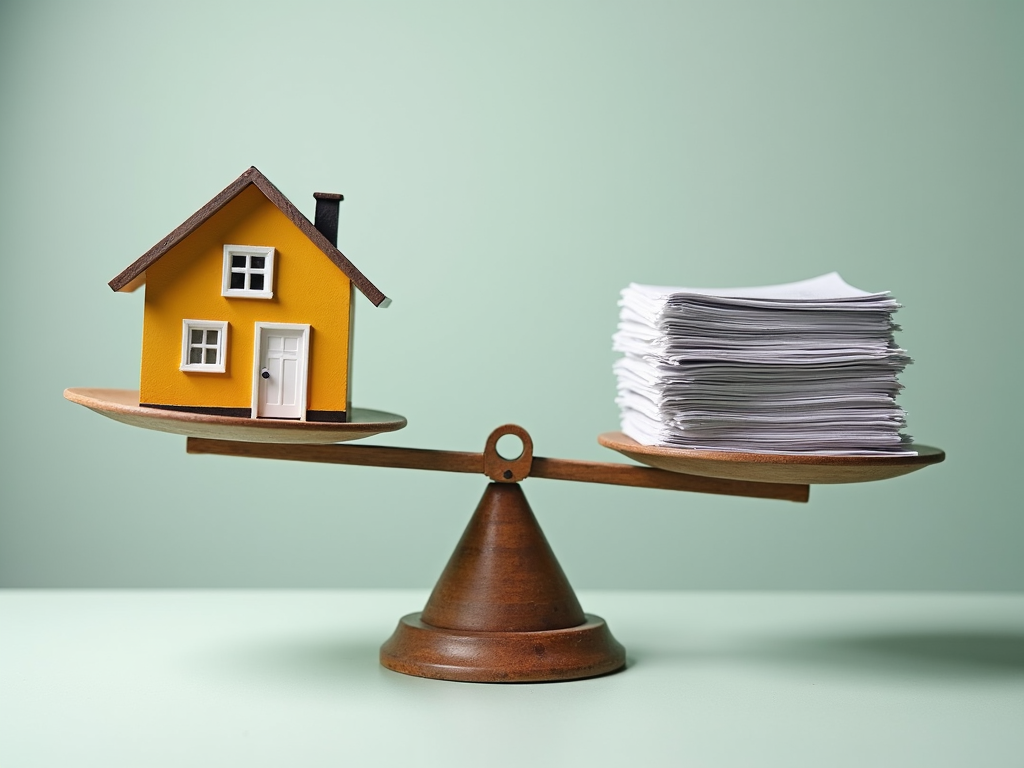The decision between buying a home and renting a property is one of the most important financial choices that investors and private savers can make. This choice affects not only financial well-being but also lifestyle and long-term security. This article will examine the financial aspects and the implications for living situations and security to help you make an informed decision.
Financial Considerations on Home Ownership vs. Renting: The Right Choice for Your Future

When considering whether it makes more financial sense to buy a home or rent an apartment, numerous factors play a decisive role. Financial circumstances, market developments, and individual life goals are central aspects that need to be carefully weighed.
Firstly, buying a home offers the prospect of significant wealth appreciation. Real estate is considered relatively stable in value and can increase over time, making it an attractive investment. This appreciation, combined with the possibility of owning the property debt-free in old age, makes home ownership an important pillar of retirement planning. From an economic perspective, property also serves as a hedge against inflation, as its value tends to rise in line with the inflation rate.
Tax aspects are also significant. Many countries offer tax incentives for property owners. These range from the deductibility of interest to specific amortizations that can make the financial burden of buying a home more manageable. Considered over the long term, owning a home thus creates not only a financial anchor but also stability and security.
However, high entry costs should not be underestimated. Buying a home entails significant upfront investments, which, in addition to the necessary capital, include ancillary costs such as agency fees and taxes. Furthermore, ongoing maintenance expenses fall on the owner, which represents a relevant cost factor. An additional risk factor is what is known as concentration risk, as a considerable portion of one’s assets is invested in a single asset.
In contrast, renting offers considerable flexibility. Lower initial costs make renting attractive for many people, especially in uncertain economic times or in cases of frequent job changes. Monthly rental costs that can be planned, maintenance covered by the landlord, and the ability to change residence without significant effort are clear advantages.
However, there are also disadvantages to renting. Tenants do not benefit from the appreciation of the property’s value and may end up spending more over the long term compared to buying. Especially in urban areas, rents continuously rise, which can make renting more expensive over time. There is also dependence on the landlord, which limits personal freedom for customization.
In practice, it becomes evident that the decision between home ownership and renting greatly depends on individual circumstances. While owning a home can lead to long-term financial benefits, renting is more attractive for short- and medium-term flexibility. Each decision should therefore be made with consideration of financial capabilities and long-term life goals.
Life Circumstances and Stability: The Right Choice Between Home Ownership and Renting

The choice between buying a home and renting an apartment is closely linked to individual life situations and personal security needs. Both options offer, depending on the context, different advantages and disadvantages that must be taken into account.
Flexibility vs. Stability
For many people who are at the beginning of their careers or change jobs regularly, flexibility is a decisive factor. Rental apartments generally offer short-term contracts, making it easier to change residence if necessary. This not only supports professional development but also allows for quick responses to changes in life without being bound by long-term commitments. In contrast, buying a home implies a commitment to a fixed location. However, this can be advantageous for families or individuals with a stable job and a desire for a lasting base.
Financial Implications on Life Decisions
From a financial standpoint, renting represents an option that initially requires lower capital commitments, allowing for greater flexibility in income utilization. This offers room for diverse financial decisions, such as investments in education or travel. A home, on the other hand, requires both an initial investment and a long-term financing strategy. However, while paying rent without participating in wealth accumulation, payments for a home can stabilize over the long term due to the combination of amortization and fixed rates. Ultimately, this leads to the creation of independent wealth.
Emotional Security and Value Development
A common reason for buying a home is the pursuit of emotional and financial security. Independence from fluctuations in rent and owning a material asset that generally increases in value over time provides many people with a sense of confidence in planning their future lives. Properties in attractive locations can also increase significantly in value, which contextualizes the initial costs over the years.
Maintenance Responsibility vs. Comfort
Rental properties offer the comfort that maintenance and repair costs are generally the landlord’s responsibility, creating additional financial freedom. Owners, on the other hand, take full responsibility for the maintenance of their property and must be prepared for unexpected expenses that may arise during repairs or renovations. However, this responsibility is often accompanied by the pride and satisfaction of being able to design and maintain one’s home according to personal ideas.
Overall, the decision between buying and renting is influenced by both rational and emotional criteria. While renting offers a flexible and often uncomplicated solution, home ownership combines stability with planned long-term security. Personal preferences and circumstances should always form the basis for this important decision that impacts life.